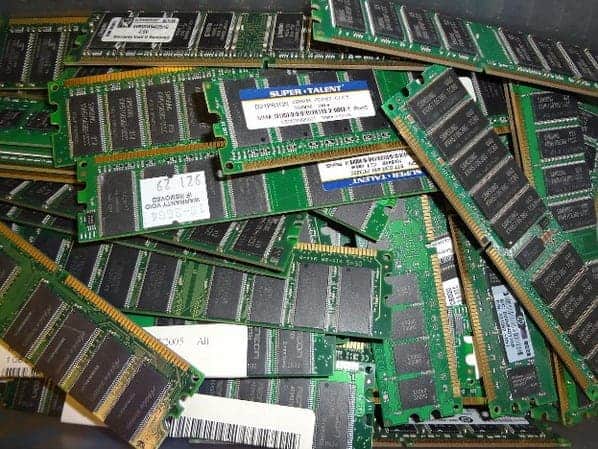Have you ever felt that your computer has somewhat slowed down? There are many reasons why your computer would start slowing down, so it’s tough to pinpoint what’s the actual problem.

However, simple solutions like the ones provided by OneClickHere.com exist and could speed up your computer again. Here are some tips that you can also try out:
- Close all your applications. Sometimes applications eat too much RAM when they’ve been open for so long or if there’s a lot of them open, causing your computer to slow down. You can try saving anything you’re currently doing and close down all the open applications, freeing some RAM, then you can open up whichever application you were busy with and see if it speeds up.
- Lower your settings. For gamers out there, try to lower the settings of your games. A higher setting eats too much RAM and might be the cause of your game slowing down.
- Free up some space on your computer. When antivirus is scanning your computer, the number of files you have in your computer affects how long the scanning takes place. You can help your antivirus by freeing your computer of some unneeded files. Delete installer files that you have no more need for, especially ones that you can download later. Usually, those you can download later are much more updated than the installer saved in your computer, so it’s better to use that one instead. For archiving files, you don’t use or need, use a cloud or external storage option and free up your computer. If you’re concerned with the security of your files, make sure they are password protected.
- Stop the startup of unnecessary applications. Some applications are started up when you open your computer. Stopping applications that you don’t need running during startup may reduce RAM consumption and speed up your computer.
It is important to note that there are times these tips don’t usually work. When this happens, there can be no doubt that you most likely need more RAM in your PC. These days, laptops have around 4 to 8GB of RAM, the highest being 16GB of RAM. Traditional desktop PCs beat this by having 64GB to 128GB of RAM. If your PC or laptop has an extra slot for RAM, you can usually add more, provided it is compatible with your PC.
Finally take time to note which applications tend to use more RAM than others. You can see which ones via the Task Manager in Windows, or something similar for the other OS options. If you do this, you can decide which applications you can have open at a time to avoid them using up too much RAM. For Windows, you can also try using an external device and dedicate it to ReadyBoost to increase the cache your computer is using. As long as you take note of the computer’s RAM, you won’t need to worry too much.





